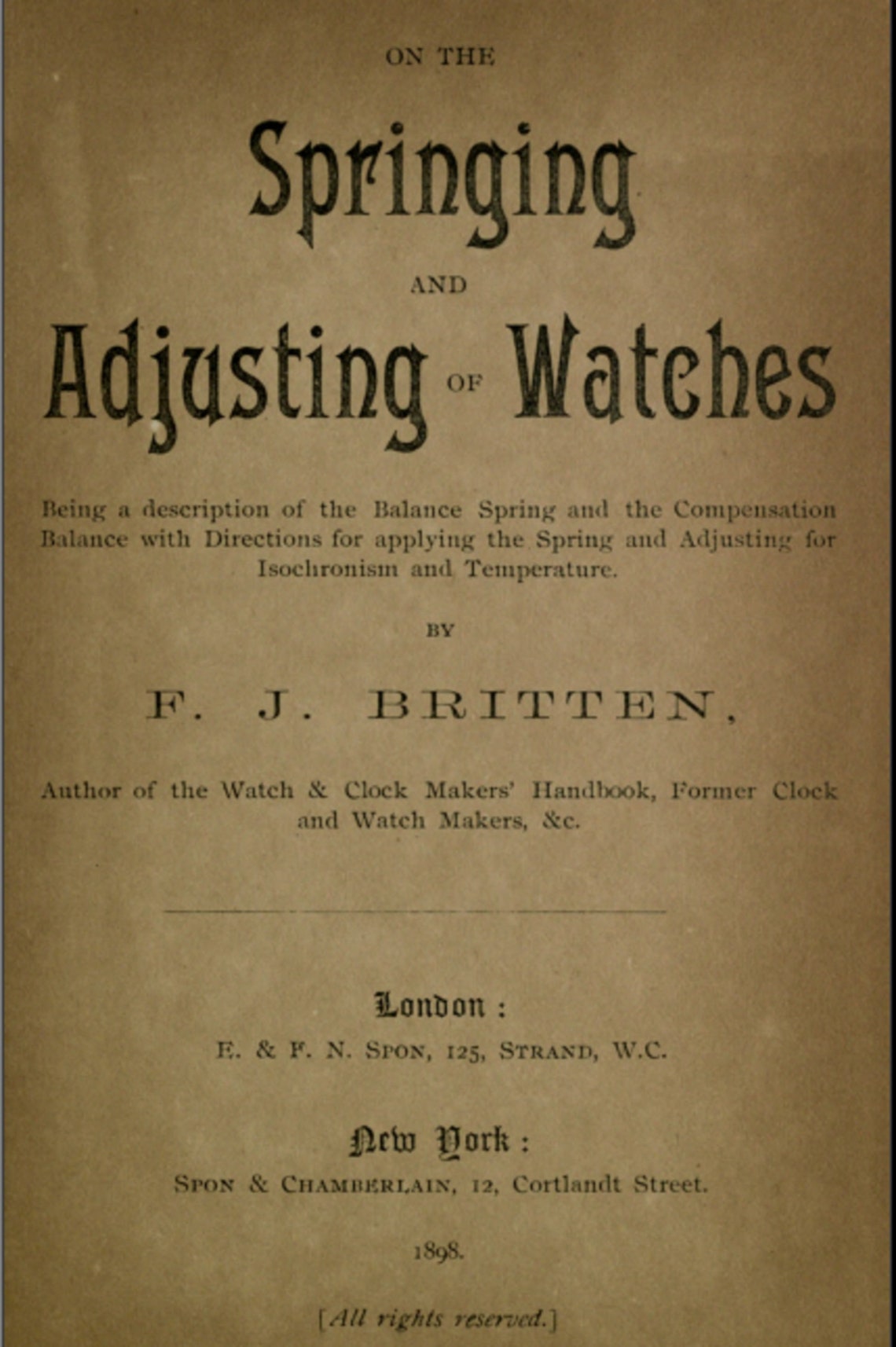

Parts are available for the most part if you make a mistake. They are very very fine and tiny and simple machines. Quartz watches are a great place to start. But you gotta ask yourself what should I Specialize in first. There are soooo many different movements out there, really ask yourself what do I want to repair everyday? Eventually you will get to where you can lathe parts for old pocket watches and service in-house movements from Rolex. Not to rant here but if you learn from the wrong person you will take those bad habits with you from the beginning. Don't just snap barrels back together with your fingers and expect it not to mess with the end-shake tolerances. - Christ, with a spear in his hand, for three quarters but in the fourth quarter that of Christ goes back, and that of Death strikes the hour with a bone in his hand, and then the chimes sound.

There are certain ways that people dis-assemble and assemble a watch that affect its timing rate.

When you work on a watch remember that anyone can take it apart and put it back together again. They are private and by joining you become a member. They also offer a network of information and access to their horological library which includes many tech guides for movements that you can't just find on google. They offer classes and they are governing board for the industry required cw21. I waited a little too long before starting to network with AWCI. Start with books, Anything written by Henry B. This is the advice I have for you to save time. Along the journey I have learned different things and different ways of doing things. I attended a formal 16 month school and earned my degree in Horology and specialize in Micro mechanics. I've dedicated the last 6 years of my life to the pursuit of watchmaking knowledge.


 0 kommentar(er)
0 kommentar(er)
